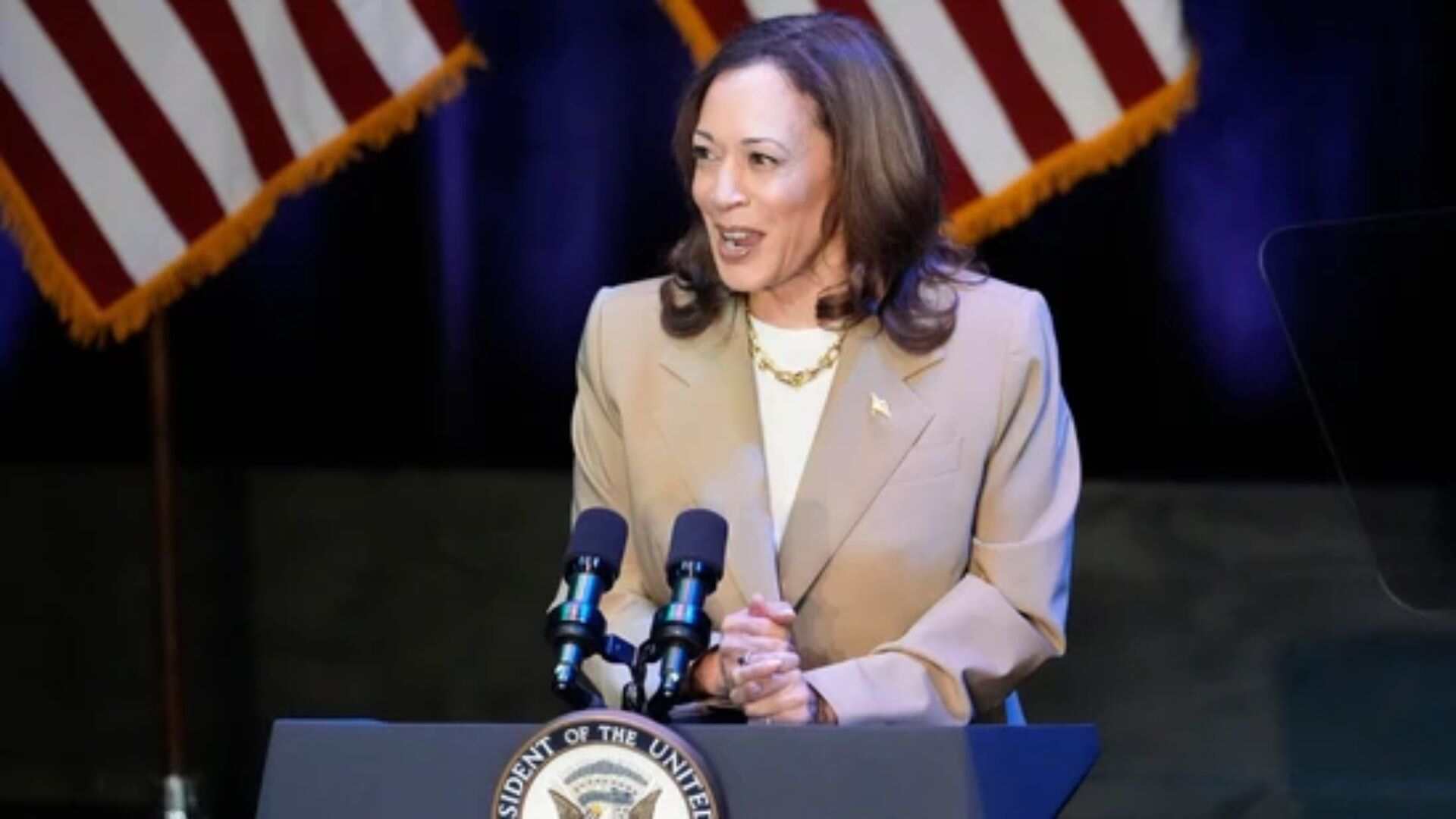United States Vice President Kamala Harris is poised to announce her running mate for the upcoming presidential election, with the decision expected to be revealed by Tuesday next week. Harris and her chosen candidate will then embark on a campaign tour starting in Philadelphia.
This tour will cover key swing states including Wisconsin, Michigan, North Carolina, Georgia, Arizona, and Nevada, reflecting the campaign’s strategy to broaden the electoral map. This follows Harris becoming the presumptive Democratic nominee after President Joe Biden’s unexpected withdrawal from the race.
Who Are the Final Contenders?
- Josh Shapiro, Governor of Pennsylvania
A leading contender is Pennsylvania Governor Josh Shapiro, whose connection to the Philadelphia suburbs makes him a strategic choice due to Pennsylvania’s 19 crucial electoral votes. Shapiro’s recent activities, such as campaigning with Harris in Pennsylvania and criticizing Trump’s running mate, Senator JD Vance of Ohio, suggest he is positioning himself as a strong vice-presidential candidate. Shapiro has praised Harris as “a tough-as-nails prosecutor” but has not commented on his own potential nomination, stating, “The vice president has a very deeply personal decision to make right now… I trust she will make that decision on her own terms when she is ready.” If selected and successful, Shapiro would become the first Jewish vice president of the United States.
- Mark Kelly, Senator from Arizona
Another prominent name is Arizona Senator Mark Kelly. With a background as a Navy combat pilot and NASA astronaut, Kelly’s moderate stance could appeal to a broad voter base. Though he joined the Senate only in December 2020, Kelly has gained significant national recognition. His marriage to Gabby Giffords, a former congresswoman and gun safety advocate, adds a compelling personal dimension to his candidacy. Kelly has downplayed his vice-presidential prospects, saying, “It ain’t about me,” and his strong views on border security and critiques of the Biden administration might attract independent and conservative voters.
- Andy Beshear, Governor of Kentucky
Kentucky Governor Andy Beshear is also a potential pick. At 46, Beshear has built a successful career in a state that heavily supported Trump in the last election. His vocal criticism of JD Vance and defense of the Appalachian region enhance his appeal. Beshear’s commitment to public education and reproductive rights, coupled with his open discussion of his Christian faith, add to his profile. He has criticized Vance as a “phony” and “fake” for his portrayal of the region in his book, Hillbilly Elegy.
- Tim Walz, Governor of Minnesota
Minnesota Governor Tim Walz, known for his straightforward approach and experience as a former National Guard member and high school teacher, is another contender. Walz has attracted attention for his remarks about Trump and Vance, calling them “weird.” His leadership during the 2020 George Floyd protests, including deploying the National Guard, highlighted his crisis management skills. While Minnesota is not a swing state, Walz’s Midwestern sensibility could resonate with independent and conservative voters.
- Pete Buttigieg, U.S. Transportation Secretary
U.S. Transportation Secretary Pete Buttigieg is also a top contender. Having gained national prominence during his 2020 presidential campaign, Buttigieg appeals to liberal voters with his articulate communication skills. Recently, he has been active in the media, criticizing JD Vance and showcasing his crisis management experience, such as handling the East Palestine train derailment and the Baltimore Bridge collapse.
Campaign Tour Strategy
Harris’s campaign tour, beginning in Philadelphia, has led to speculation that Shapiro might be announced as the running mate, though a campaign aide has advised against reading too much into the choice of city. The tour will continue through key states, marking Harris’s first major campaign swing since becoming the presumptive nominee.
The selection process for Harris’s vice-presidential candidate is ongoing, with interviews planned for potential candidates in the coming days. As the campaign prepares for the Democratic National Convention on August 19 in Chicago, the announcement of the vice-presidential pick is expected to energize supporters and clarify the Democratic ticket’s strategy for the November election.







